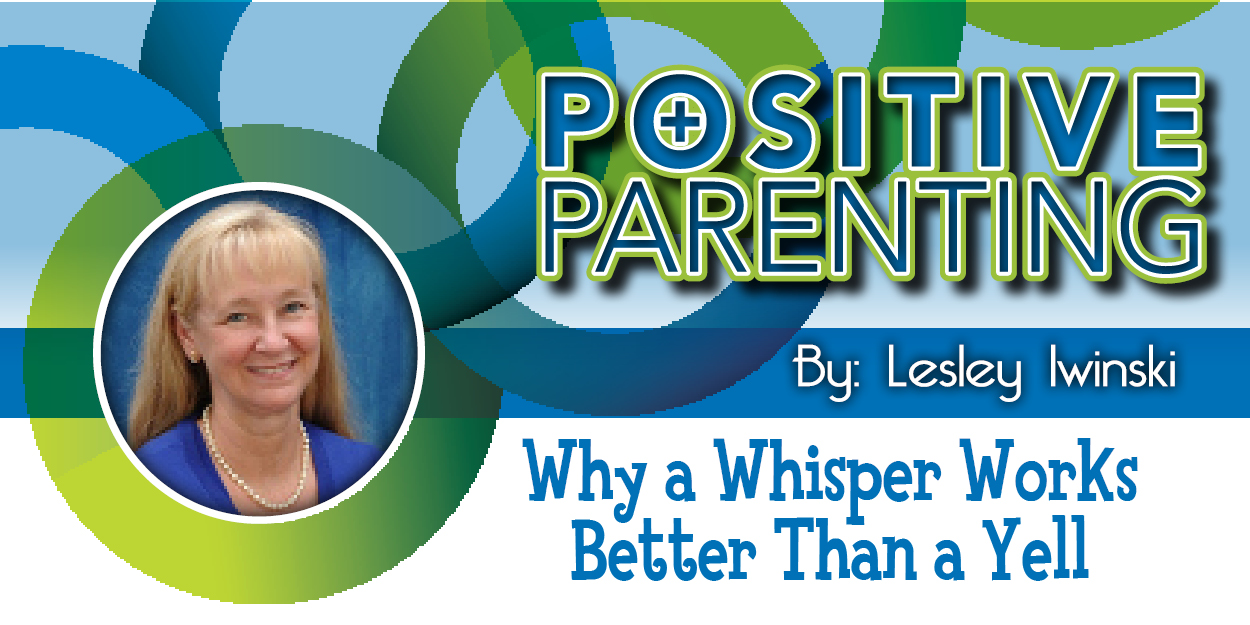Tips to Help Parents Yell Less
There may be parents somewhere who never yell. I would love to meet them. If you are one of those parents, please scroll to the end of this article and contact me if you are willing to share your secrets. If you are a parent who yells, please read on.
Most adults who yell are in a state of distress– angry, hurt, scared, frustrated. They feel these emotions deeply, and yelling is one way of trying to get rid of the discomfort.
Feelings build up. We blow. It seems almost normal, especially if we grew up in a home where there was a lot of yelling.
The truth is, an adult who is yelling is having a tantrum. This is embarrassing and difficult to admit.
If you yell on a regular basis, you have been unable or unwilling to do what is needed to calm down and regulate yourself so you can communicate your message in a way that another person, in this case your child, can receive it.
This is also true if you yell at your spouse, employees or strangers who cut you off in traffic.
Ever tried to stop a tantrum by a toddler or a teen by yelling, i.e., having a tantrum of your own? It doesn’t work.
We can rationalize our behavior by blaming others – in this case your child. “He just pushes my buttons!”
Yes, our buttons are being pushed, but it is not our child pushing them. Chances are that these buttons are sore spots from long ago when our own needs and feelings weren’t addressed.
If we aren’t careful, we risk installing those same buttons in our child so that he can yell at our grandchildren, and on and on down the generational tree.
Conversely, imagine being on the receiving end of a yeller’s constant verbal barrages. Perhaps this has been your experience at some point in your life.
How motivated would you be if your boss communicated to you this way? Would you feel more like cooperating, working as a team and sharing your ideas? What about your sense of worth and how you feel about yourself?
Finally, yelling can easily turn into verbal abuse, which can be devastating in its long-term effects on a child’s brain and development, and her future mental and physical health.
Here are a few points to consider, and a few tips to help you yell less:
- Establish a regular daily time to be still. Clear your mind, meditate, contemplate…whatever helps you be peaceful. Be faithful to your practice. You deserve and need this time of intention.
- Commit yourself, and share your commitment with your partner, a friend, perhaps even with your child.
- Find a way to calm yourself when you feel tension building. Step away, take some deep breaths, acknowledge what you are feeling, ask your feeling what it is trying to tell you. Call a friend, shoot some hoops, hum or sing or listen to music. Take care of yourself.
- Be kind to yourself when you slip up. You might not stop yelling altogether, but every success gives you strength to build on.
- See your child as needing your help to learn, and trust he is doing the very best he can. His brain is not fully developed and your influence on how he learns and grows cannot be overstated. How you are, what you say, and how you listen, matters.
- A calm brain is one that can learn (and one that can teach!)
- Save your yells for getting your child’s attention when there is danger. As soon as possible use your calm voice.
- Sometimes we yell because we think we will not be heard otherwise. You are much more likely to be heard if you move in warmly to your child and whisper. Try it.
- Listen to understand what is going on for your child in the moment. Observe. Imagine what it would be like to live in a world of powerful giants and to feel powerless, small and unimportant. Empathize without using the word “…but,…”
When you offer your safe, soothing presence to your child, her brain begins growing the pathways that she will use to calm herself when she is upset. Young children need your calming presence, while older children and teens also benefit from supportive coaching.
When you stop yelling and start using more effective ways of communicating, your whole family atmosphere will change. It is well worth a try.
Have a happy and more peaceful New Year in 2020!
Dr. Lesley Iwinski is the mother of three grown children, a family physician and owner of Growing Peaceful Families, LLC. She offers classes, workshops and seminars. Info: (859) 333-3053 or www.growingpeacefulfamilies.com

